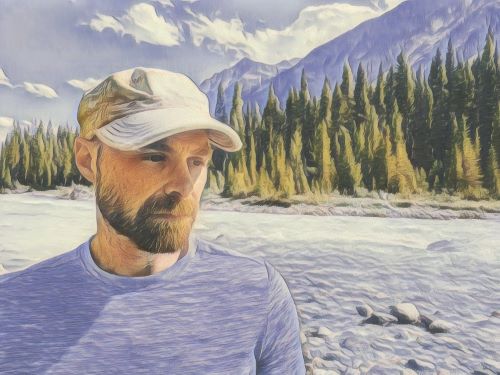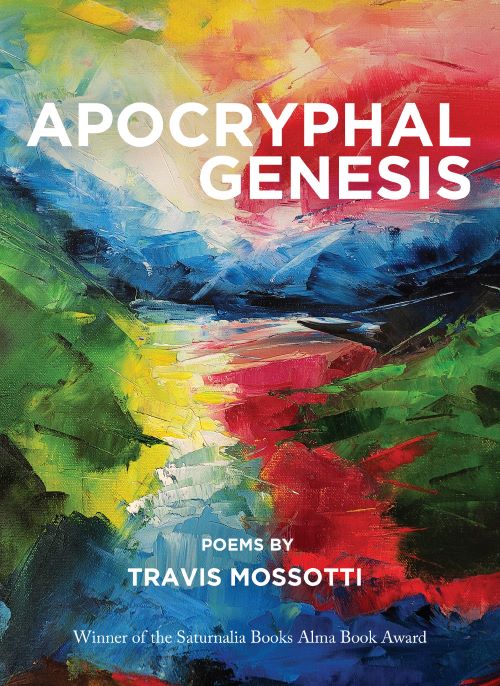Here’s the orchard someone else will tend to.And the crawl space beneath the porchof the house where someone else’s barn catwill slumber through the summer nightsdreaming of long-tailed mice in the high grass.Over that field, the light dips and refractsthrough the broken glass of the muck pondwhere a catfish will take someone else’s baitand hook—that it might meet the refinedheat of a skillet. The ghosts of a thousandhead of cattle walk through the woods at nightin someone else’s dream while the windows,cracked slightly, let a mild breeze passthrough the empty rooms like an appraiser.There is no death that cannot be undoneby simply turning the compost with a pitchforkor by scattering scratch in the dirt for chickenswho sing each time they lay, but every repairis only a gesture against the torment of slowwinds and steady rain and heavy sun. It will besomeone else who grows too old to climbthe ladder into the barn’s cool loft or the flightof stairs that lead to and from their own bed.It will be their hand weighing the mortgage.It will be their face forgetting its smile. Listen,if the well pump kicks to life at dawn, it will besomeone else drawing a bath for the last time—joints relaxing as their form submerges, bodyrecovering and failing in the same held breath.
Missing the Farm
Feature Date
- July 5, 2024
Series
Selected By
Share This Poem
Print This Poem
“Missing the Farm” from APOCRYPHAL GENESIS: by Travis Mossotti.
Published by Saturnalia Books in March, 2024.
Copyright © 2024 by Travis Mossotti.
All rights reserved.
Reproduced by Poetry Daily with permission.
Apocryphal Genesis comes as a reminder of how deeply personal an impersonal world can often feel. The failed promises of the previous centuries are mere preamble to the predicaments of the current one. Humanity's contentment to entertain the illusion of control over the world around us is also the source of our collective discontent. In Mossotti's poems, dark humor underpins every turn. His wit cuts through the bang and blab of what passes for polite discourse, and his visions are jarring and delightful in equal measure. His poems cinematically zoom from the exceedingly distant vantages of “telescopes scraping deeper into the womb / of the universe” to the microscopic “space between the whirl of electrons.” While the ghost of Apollinaire guides the reader through these haunting poems, it's the poet himself who's on display more often than not (like a moth pinned inside a glass case), naked and unadorned. Apocryphal Genesis is a book that's mature enough to be unimpressed with the trappings of maturity. It's the first glance the poet's after, subtle movement of stirrings under the leaf litter, and page after page, Mossotti transforms the cosmically divine into something indelible.
Poetry Daily Depends on You
With your support, we make reading the best contemporary poetry a treasured daily experience. Consider a contribution today.





